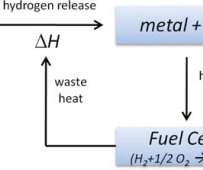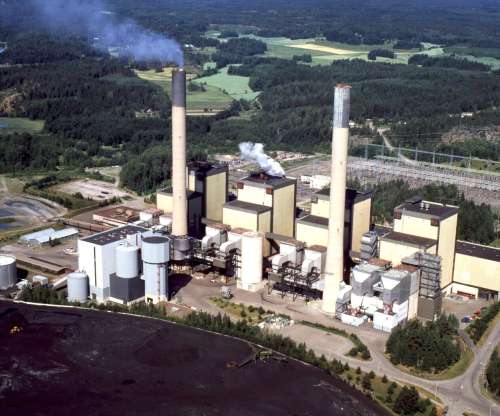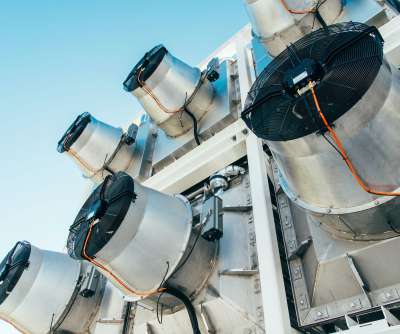LSBU researchers investigating metal hydride hydrogen storage for buses
Green Car Congress
DECEMBER 2, 2020
On demand, the hydrogen is released from the hydride (endothermic reaction), utilizing the waste heat of the fuel cell. From Adelhelm & Jongh (2011). Hydrogen fuel cell vehicles produce very low carbon emissions and no air pollution which makes them vital to cleaning our air and tackling climate change. EP/T022760/1.






































Let's personalize your content